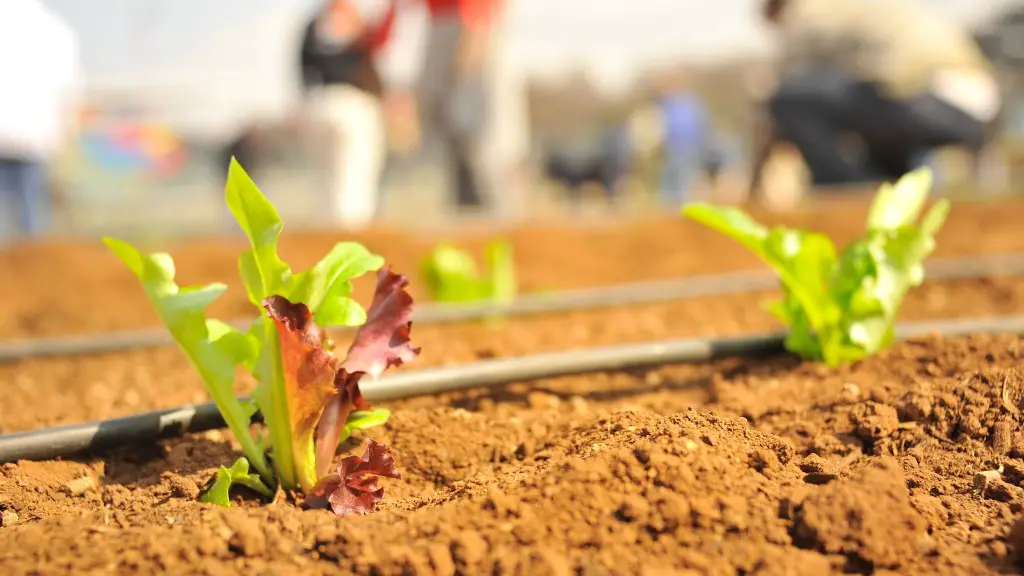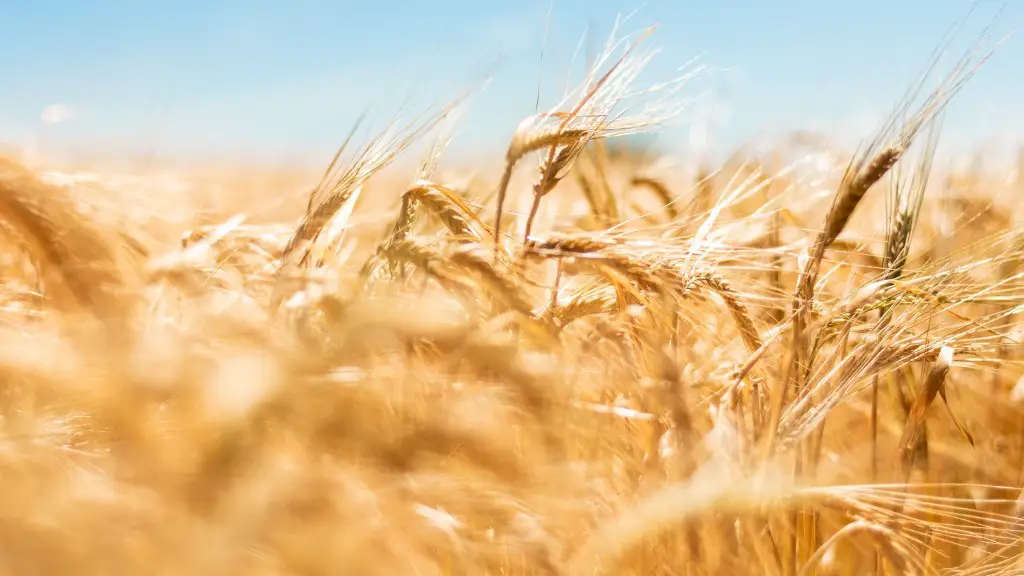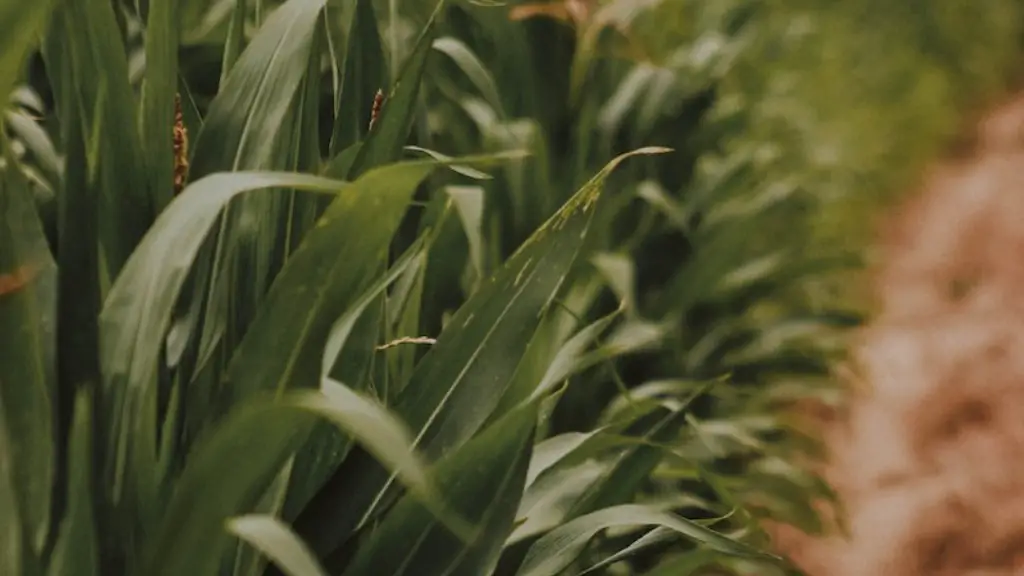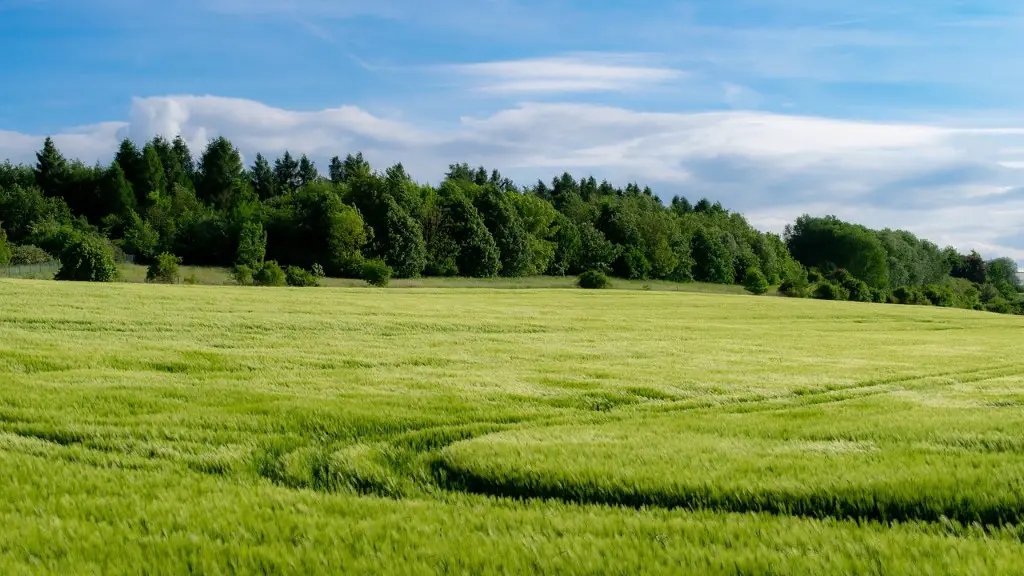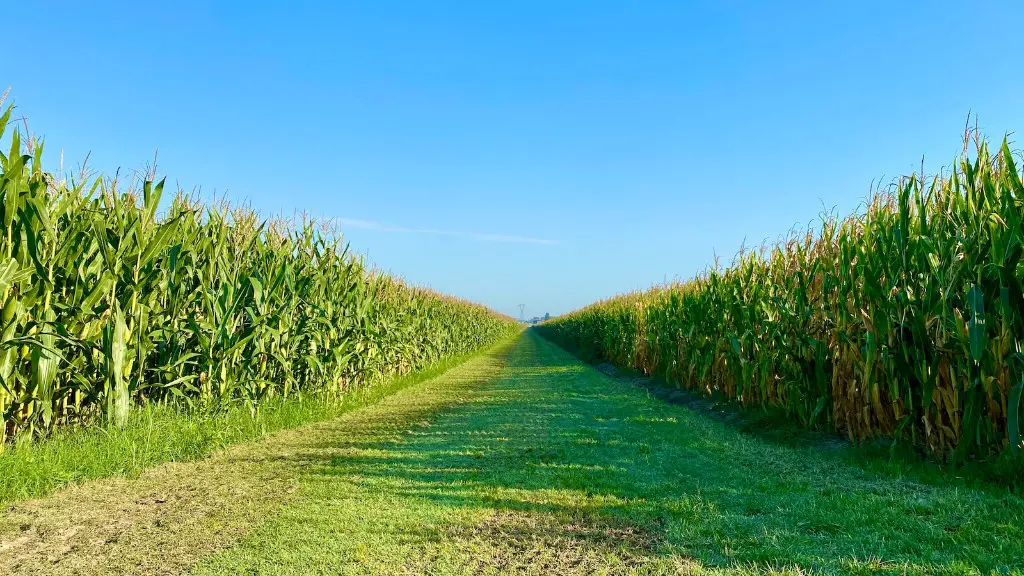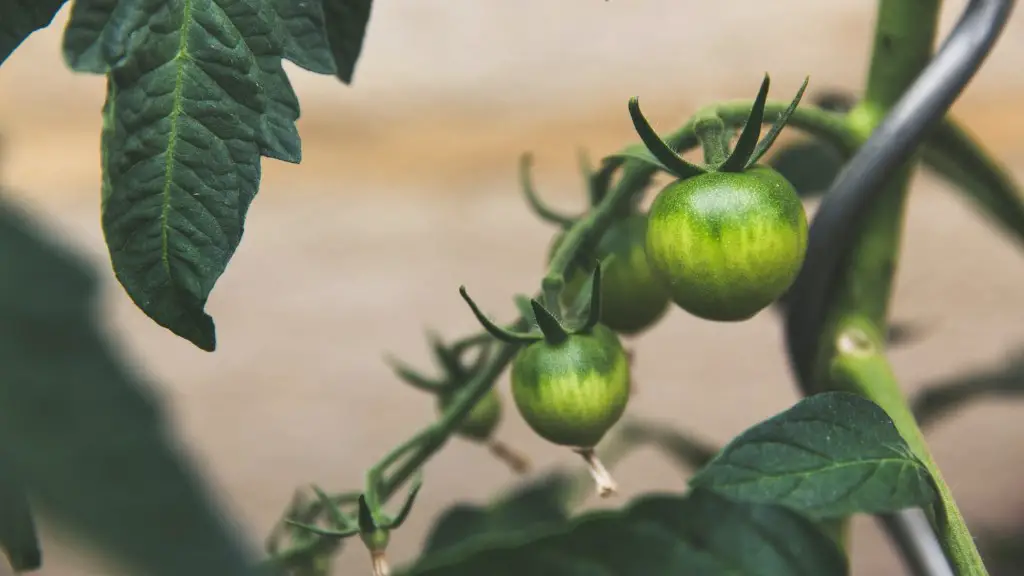Agriculture has been evolving rapidly over the years and is now the primary vocation for millions of individuals around the world. But is it really a STEM field? The question has been debated for a long time, with varying opinions.
When talking about STEM, people often think of traditional disciplines such as engineering, physics, and mathematics, but in reality, STEM includes many other areas of study such as IT, design, and construction. Agriculture also encompasses many of these areas, and therefore, it could be considered a STEM field.
Agriculture brings together various critical disciplines, such as engineering, chemistry, and biology, with an aim to improve the quantity and quality of food production. Each of these disciplines is essential for successful agricultural practice. For example, the engineering aspects allow for better equipment design, which increases yields, while the biological components allow farmers to better utilize the land and soil.
In addition, agriculture also involves significant use of information technology, which is a crucial part of many STEM disciplines. In recent years, the use of data and technology have become increasingly important in agriculture – from the use of GPS to guide irrigation systems, to drones and imaging to identify crop health, to analyzing soil samples and weather patterns. Technology has become an integral part of the agricultural industry; this shows that agriculture is directly linked to many of the core components of STEM.
Taking into account all of these factors, it can be argued that agriculture is, in fact, a STEM field. It fuses together major disciplines such as physics, engineering, and data science, as well as incorporating technology for efficient and successful farming.
At the same time, however, it does not necessarily fit the classic definition of STEM fields. Agriculture is more than just science and technology; it also involves knowledge in business, economics, and other social sciences. It also generally lacks the highly-specialized and theoretical approach that characterizes the academic version of most STEM fields.
Agriculture and Its Role in Global Development
Agriculture plays a critical role in global development. It is a key contributor to economic growth and poverty reduction, as it provides food and income for millions of people, as well as helping to create jobs. In developing countries in particular, the agricultural sector is often the main source of employment and income.
Furthermore, agricultural activities help to maintain biodiversity and soil health, as well as preserving cultural identity. In many parts of the world, traditional farming practices are still in use, allowing farmers to build deep connections to their lands and form strong bonds with their local communities.
The environment is also a critical factor, as global climate change is having a significant effect on the agricultural sector. With proper management, however, agricultural activities can also be used to mitigate and adapt to climate change. For example, sustainable agriculture such as agroforestry and land restoration can help to reduce emissions and protect valuable resources.
Agriculture also has a major role to play in addressing global challenges such as malnutrition, hunger, and resource scarcity. By increasing food security and nutritional diversity, agricultural projects are helping to improve diets, reduce stunting, and address issues of food insecurity.
It is clear that agriculture is closely intertwined with global development and the challenges of the 21st century. As such, it is an essential part of the wider STEM landscape and should be considered alongside traditional disciplines.
The Impact of Agriculture on Economic Growth
Agriculture also plays an important role in economic growth. Investment in the sector has been found to contribute to increased productivity, increased employment opportunities, and reduced income inequality.
Furthermore, the sector can provide a stable source of income to farmers and their families, as well as providing a base for the development of local businesses and industries. This, in turn, can have a positive impact on the national economy, as small and medium agricultural enterprises can help to stimulate economic activity.
By improving the productivity of the sector, governments can also reduce their reliance on imports, creating a more self-sufficient agricultural system. Additionally, increased productivity also helps to make food more accessible and affordable, thereby reducing levels of malnutrition and poverty.
The development of agricultural technology can also provide significant economic benefits. By increasing yields and efficiency, technology can help to reduce costs and provide a more reliable source of income for those involved in the sector.
In short, agricultural investments can have a major impact on economic growth. Not only can they reduce poverty and improve food security, but they can also help to foster economic development and create wider overall prosperity.
The Impact of Agriculture on the Environment
Agriculture can have both positive and negative impacts on the environment. On the one hand, it helps to preserve biodiversity, maintains soil health, and improves water quality. On the other hand, it is a major contributor to global warming and pollution.
In particular, intensive agriculture can cause significant environmental damage. For example, the cultivation of genetically-modified crops and overuse of fertilizers can contaminate soil, water, and air; this, in turn, can lead to the destruction of ecosystems, loss of biodiversity, and the emergence of health risks.
Furthermore, in some regions, agricultural activities can contribute to deforestation, carbon emissions, and water scarcity. This has a direct effect on local ecosystems and can have serious implications for global climate change.
At the same time, however, agricultural activities can also have positive impacts on the environment. For example, sustainable agricultural practices can reduce dependence on fossil fuels, reduce waste, and conserve water. Additionally, sustainable agricultural systems can restore degraded lands, reduce soil erosion and desertification, and create carbon sinks.
Ultimately, it is clear that agricultural activities have both positive and negative impacts on the environment. As such, it is essential to ensure that agricultural practices are sustainable and respect the environment, in order to protect our planet for future generations.
Agricultural Technology and Its Role in the Future of Farming
Agricultural productivity is being revolutionized by technology, with advances in digital and robotic systems helping to improve yields, reduce costs, and make farming more efficient.
For example, artificial intelligence can be used to identify problems such as pests and diseases, as well as optimizing irrigation and fertilizer plans. Robotics, meanwhile, can automate labor intensive processes, such as seeding and harvesting, thereby increasing efficiency and reducing costs.
At the same time, technological advances are also allowing for greater precision in farming. With detailed data analysis, farmers can accurately identify problems, adjust their plans, and strive for higher yields.
Furthermore, technological advances are also making agriculture more sustainable. For example, sensors can be used to monitor water use and detect soil health, while smart irrigation systems can reduce water waste and prevent over-fertilization.
In summary, agricultural technology is revolutionizing the industry. By increasing productivity, decreasing costs, and making farming more efficient, technology is helping to ensure that agriculture remains competitive and sustainable, while also providing food and income for millions of people across the world.
